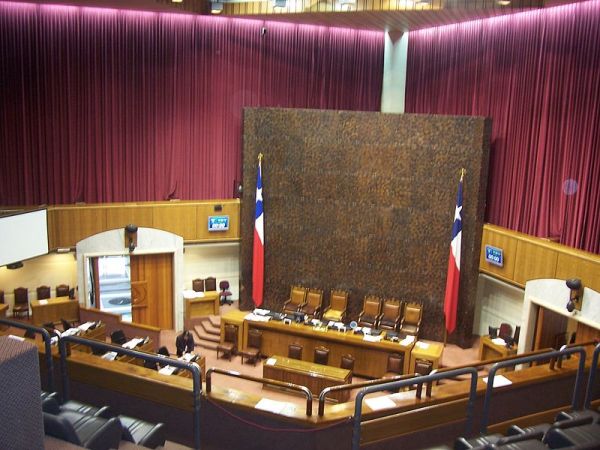After the defeat suffered in the Senate, which approved an important constitutional reform on pension funds, the government of Sebastián Piñera is today in an increasingly difficult situation.
The text, which for the first time points to the hitherto untouchable Pension Fund Insurers (AFP), needed 26 votes to get ahead and was approved by 29 votes, 13 against and one abstention, which even included five favorable votes from senators of the government coalition Chile Vamos.
The measure foresees that AFP-affiliated workers can withdraw up to 10 percent of their retirement savings, amounting to hundreds of billions of dollars deposited for decades in these companies, to which the government presided by Sebastián Piñera.
The abstention was from Francisco Chahuán, also from the right, who declared to the press that his vote was in protest against the executive ‘for renouncing his role as chief co-legislator in this project. The Government capitulated. ‘
As the project was approved with some changes, it will have to be voted on again this Thursday by the deputies starting at 10:00 local time and in case the proposals introduced by the Senate are approved, the initiative will be practically ready, but otherwise, differences must be settled in a mixed commission.
However, it is assumed that with or without changes, it will generally be endorsed given the strong support received, which puts the government almost at a dead end.
Thus, President Sebastián Piñera would only have to finally accept this reform or reject it through the veto prerogative or resort to the Constitutional Court.
But from all political sectors they warn that these latest variants would trigger a general rejection and unforeseeable consequences for a president who has had the lowest level of support for a Chilean president since 1990 since the social outbreak of October 2019.
Precisely, during the Senate session, the ministers of Finance, the Interior and the General Secretariat of the Government intervened, with a bitter defense of that position, alleging that the withdrawal of those funds will harm future pensions and even that an institutional crisis will be unleashed in the country.
But such arguments did not affect the decision of the legislators, who maintained their votes to carry out the initiative and reiterated the criterion that it is a humanitarian project that opens a substantive debate on the structural changes that must be made in the country.
Also, as several members of the chamber explained, this project would not have been discussed if the government had reacted in a timely manner before, with effective measures to help the millions of Chileans who are in serious economic difficulties.






